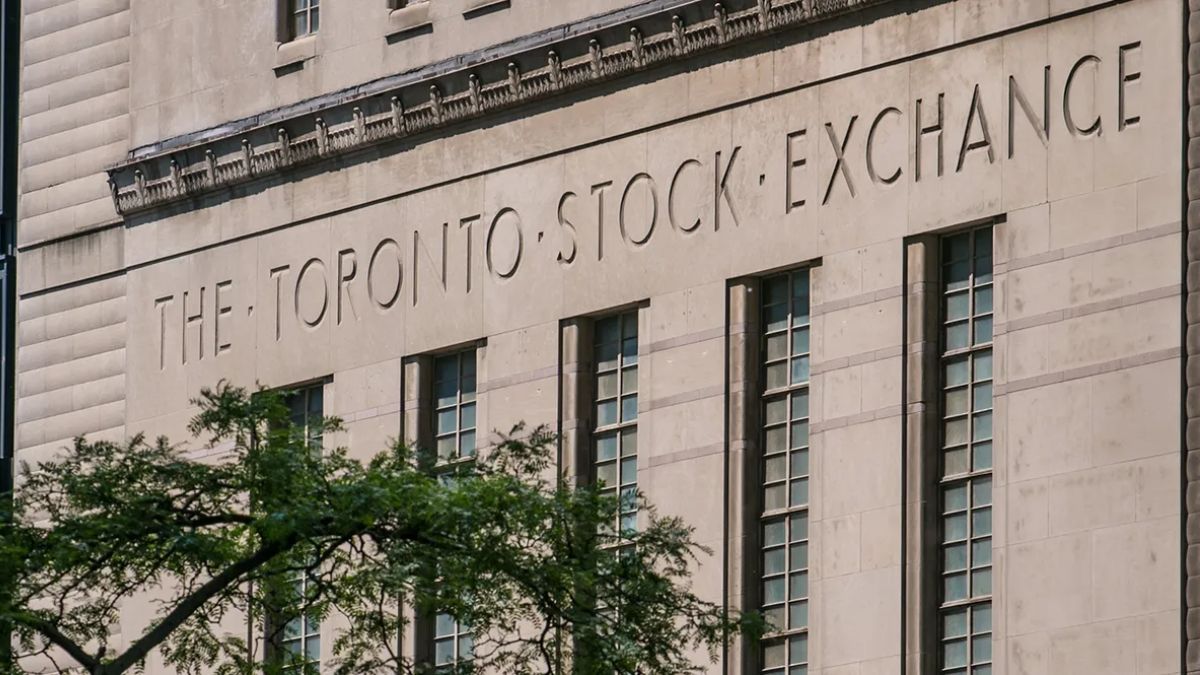Canada’s main stock index traded lower on Thursday as investors reacted to a mix of corporate earnings and rising trade tensions following new U.S. tariffs. By 12:05 p.m. ET, the S&P/TSX 60 futures index was down 13.7 points, or 0.82%, while the S&P/TSX Composite Index slipped 152 points, or 0.55%, to 27,768.07.
The losses came just a day after the Composite Index hit a fresh record high, largely driven by a surge in Shopify shares, which became the most valuable company on the Canadian exchange.
Market sentiment turned cautious as the U.S. introduced fresh tariffs on several countries. Canada now faces a 35% levy on goods shipped to the U.S., with ongoing uncertainty surrounding Ottawa’s trade negotiations with the White House. Investors are closely watching how this move could impact cross-border trade and corporate profits.
South of the border, U.S. markets also opened lower despite a solid earnings season. As of midday, the Dow Jones Industrial Average had fallen 308 points, or 0.7%, while the S&P 500 was down 14 points, or 0.2%. The NASDAQ Composite, however, was up 54 points, or 0.25%, supported by tech gains.
Apple remained a standout performer after announcing an additional $100 billion investment in U.S. manufacturing, bringing its total domestic commitment to $600 billion. Its shares jumped over 5% on Wednesday and continued to climb in premarket trading, boosting sentiment in the tech sector.
Trade concerns, however, dominated headlines. President Donald Trump imposed a 25% tariff on Indian goods, raising total levies on the country to 50%, citing its continued imports of Russian oil. He also signalled a 100% tariff on imported semiconductors, with exemptions for companies that manufacture chips in the U.S.
These aggressive moves added to investor uncertainty, especially as the broader market grapples with inflation concerns and a weakening labour market.
Back in earnings, Airbnb shares dropped in extended trading after the company issued a weaker growth forecast for the rest of the year. Meanwhile, DoorDash reported strong second-quarter earnings, lifting its stock as demand for food and grocery delivery services held firm despite economic headwinds.
In another after-hours move, shares of materials manufacturer Rogers climbed after the Wall Street Journal reported that activist investor Starboard Value had taken a more than 9% stake in the company.
Meanwhile, economic data remains in focus. Weekly U.S. jobless claims are expected to rise slightly, with analysts predicting a small increase to 221,000 for the week ending August 2. Last week’s disappointing payroll report has increased market expectations for a Federal Reserve interest rate cut in September. According to CME Group’s FedWatch Tool, traders are now pricing in a 94% chance of a rate cut next month, up from 48% a week ago.
Commodities markets showed mixed signals. Oil prices rose modestly after the Energy Information Administration reported a larger-than-expected drop in U.S. crude inventories, suggesting strong domestic demand. Brent crude gained 0.6% to $67.26 a barrel, while West Texas Intermediate rose 0.5% to $64.70. Still, prices remained under pressure due to ongoing speculation about the return of Russian oil and potential secondary sanctions from the U.S., including on Chinese companies.
Gold prices also edged higher as investors sought safe-haven assets amid the uncertainty. Spot gold rose 0.3% to $3,378.05 an ounce, while December gold futures climbed 0.5% to $3,451.30.
With earnings season nearing its end and geopolitical risks rising, markets are expected to remain volatile in the coming sessions.


